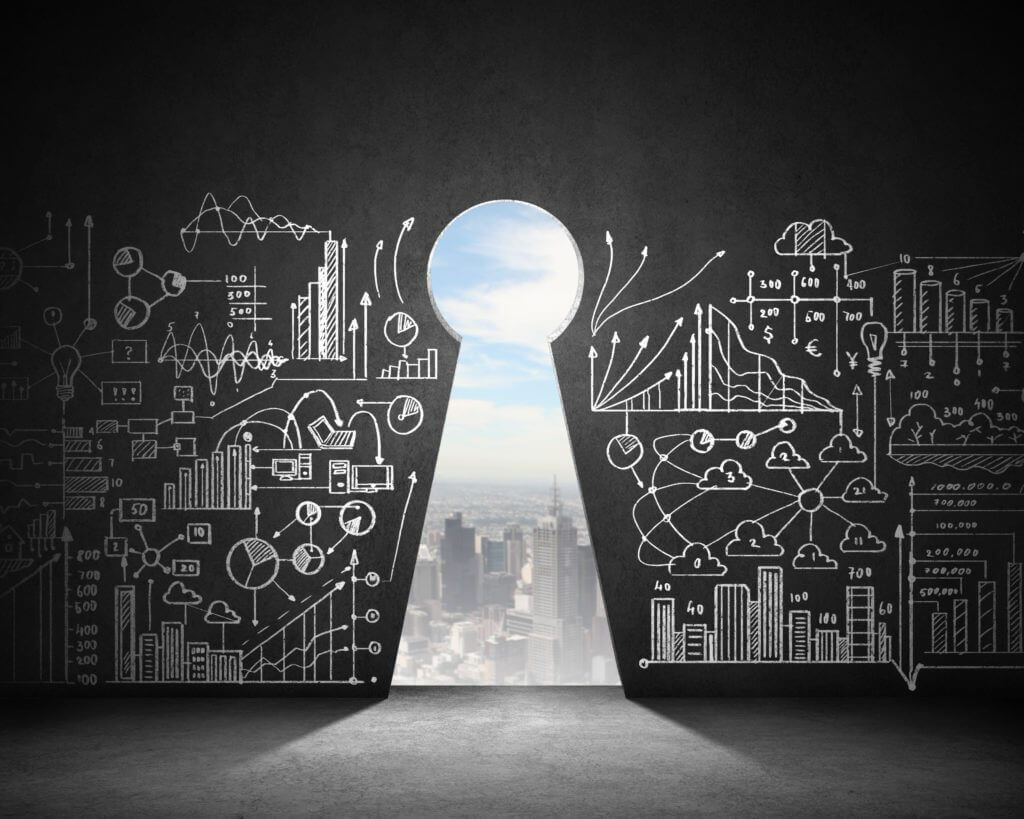
The data and analytics capabilities of a hotel business intelligence (BI) tool provide foundational support for today’s cutting-edge revenue management solutions.
NB: This is an article from Rainmaker
Working together, they have a powerful synergistic effect – significantly improving guest experiences and hotel revenue performance. By leveraging data from disparate internal and external sources, and assembling it onto a single interface, business intelligence delivers real-time insights that allow hoteliers to make the best decisions quickly, translating information into meaningful actions that positively impact the entire hotel ecosystem.
Internal Sources of BI
Information forms the backbone of good BI, and hotels collect a treasure trove of information about their customers from multiple internal sources, such as their property management and customer relationship systems, hotel website and booking engine, mobile apps, and on-property interactions. Valuable data collected can include customer demographics, lead time, length and purpose of stay, and room type and rate. BI also gathers behavioral data such as cuisine or spa treatment preferences, and how a guest responded to previous marketing campaigns and discounts.
External Sources of BI
The real magic of BI occurs when data from a hotel’s internal sources is combined with that of external sources in order to create rich customer profiles and a more complete picture for developing predictive analytics. External data comes from sources outside the hotel like economic factors, local events, search engine traffic, social media reviews, competitive pricing, and review data from sources like TripAdvisor and Expedia.
Harnessing the Power of BI in Revenue Management
With the power of BI driving revenue management (RM), hotels will see an upward spiral in analytics sophistication, leading to greater levels of profitability and customer satisfaction. Here we look at some specific ways BI affects RM processes.
Superior customer service: Detailed customer profiles generated from BI analytics allow hotels to create those personalized experiences today’s travelers crave. Hotels can more effectively target repeat guests and make their stays even better with customization gleaned from historic information. Further, data on total guest value can be used to create loyalty programs that encourage future stays from a hotel’s most valuable guests.
Tailored promotions & messaging: With BI combined with RM, hotels can get really granular when it comes to customer segmentation, obtaining in-depth insights from historic shopping patterns and purchase history. This allows hotels to present relevant upsell and cross-sell add-ons, and tailored digital promotions that are likely to generate a positive response.
Optimized pricing & channel mix: BI quickly analyzes multiple contextual factors, including historical pricing, shopping cart abandonment rates, and pricing position relative to a hotel’s competitive set. With these insights and an RM strategy and tool set, hotels can reposition pricing, boost conversions, and maximize profits. BI analytics also helps hotel revenue managers determine how much business should come from each distribution channel to achieve an optimal average daily rate.
Effective forecasting: With a true end-to-end BI solution, revenue managers spend less time acquiring and reacting to data and more time making proactive decisions that positively impact the bottom line. BI systems present relevant information in graphic, easily digestible reports that allow hoteliers to quickly identify patterns, trends, and anomalies, as well as their causes.
The days where hotel operations happen in silos are long past. BI synchronizes and integrates RM with every department, from marketing to finance to housekeeping. Its multidimensional analysis of scientific data creates a holistic system that leads to an interconnected and thriving hotel ecosystem.






